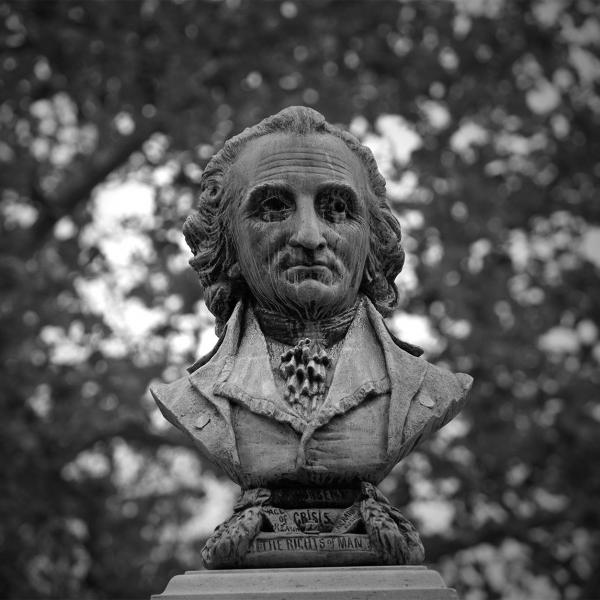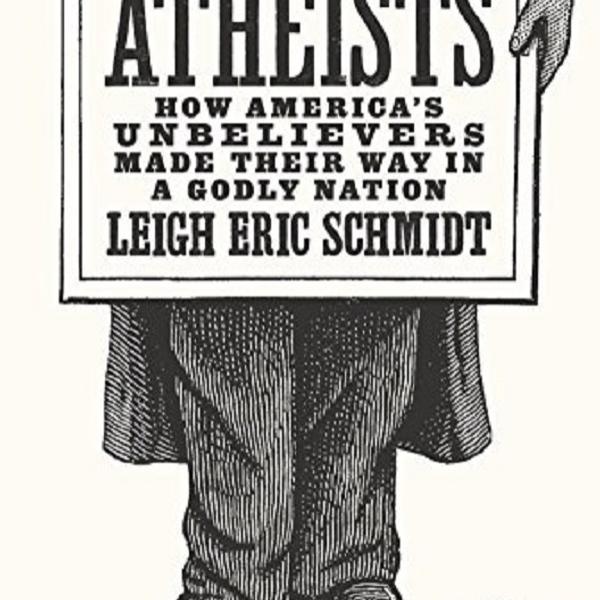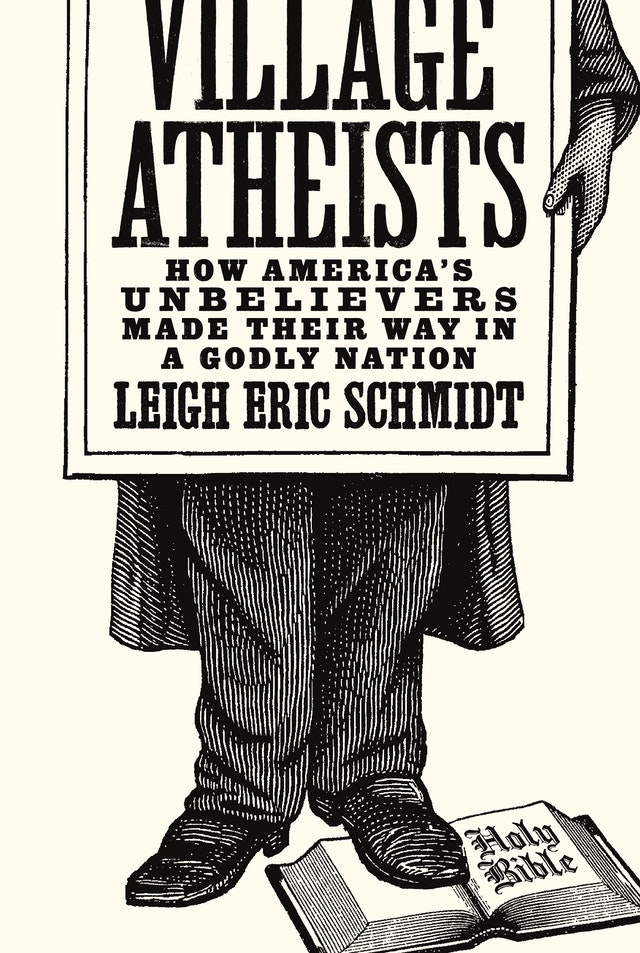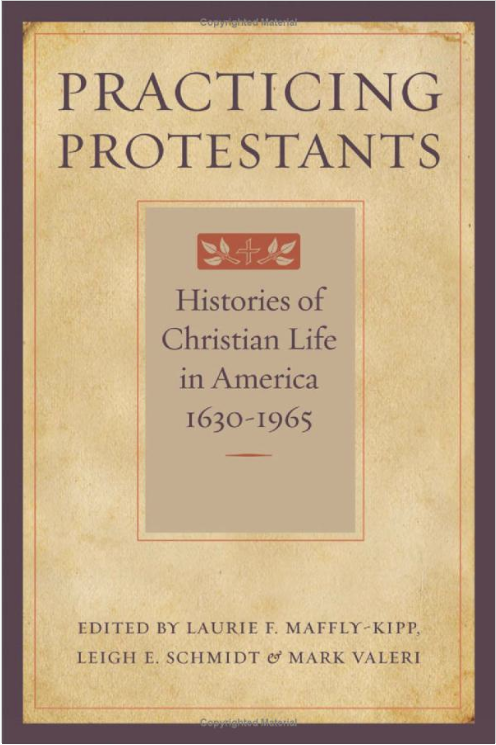Professor Schmidt is widely published as a cultural historian, essayist and reviewer, who has written extensively on American spiritual seeking, holiday conflicts, evangelical Protestantism and liberal religious traditions.
For more information, visit Leigh E. Schmidt's department profile.




